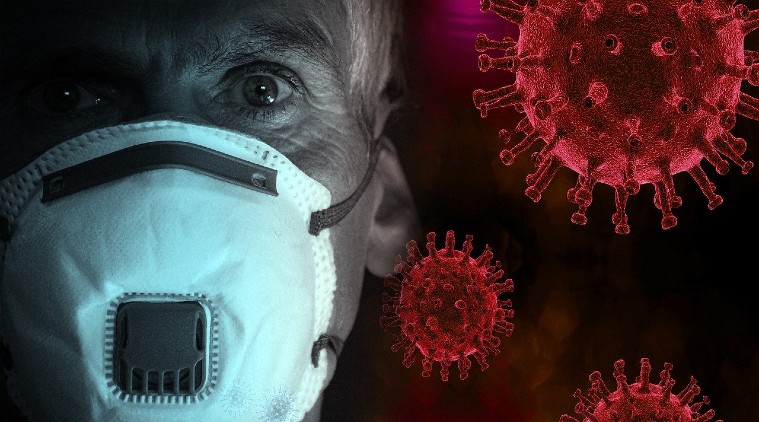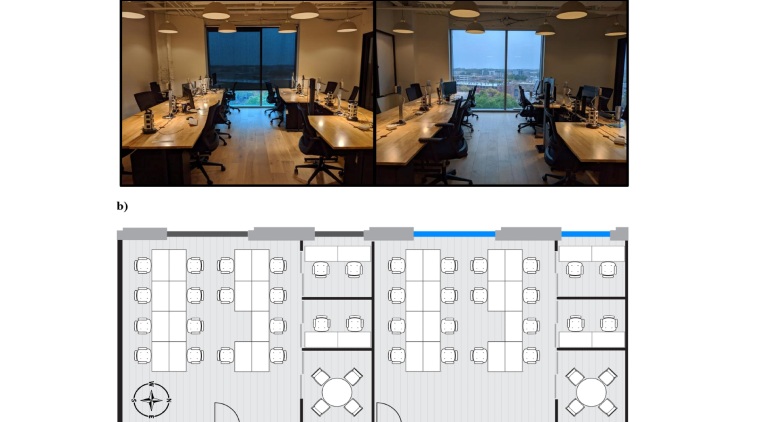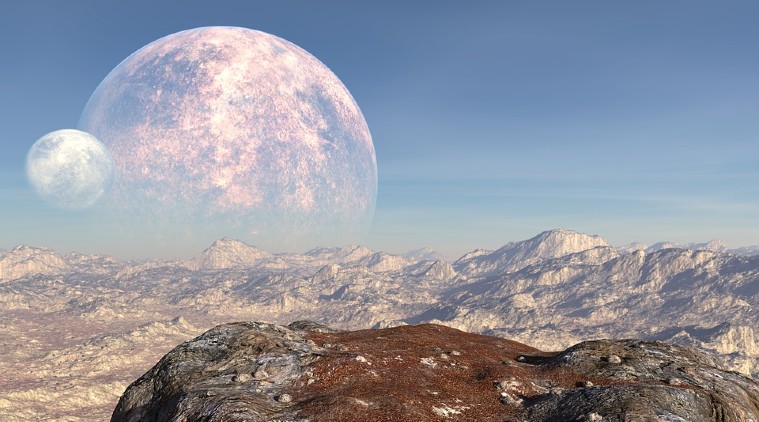 Representational Image by enriquelopezgarre from Pixabay.
Representational Image by enriquelopezgarre from Pixabay.
As part of science round-up, we are curating and bringing you the most important science stories of the week. This way, you do not have to go about fishing for the stories elsewhere. Here’s everything that happened from June 8 to June 13, 2020:
Offices with natural lighting help workers perform better
A new study, published in the International Journal of Environmental Research and Public Health, found that office workers sleep more hours each night when they are exposed to more sunlight during the day at work. The researchers tested the differences in sleep patterns of people working in nearly identical office environments, with the only difference being the amount of lighting they have been exposed to during their shifts.
 (a) Photos and (b) floorplans of the two office environments. Credit: International Journal of Environmental Research and Public Health (2020). DOI: 10.3390/ijerph17093219
(a) Photos and (b) floorplans of the two office environments. Credit: International Journal of Environmental Research and Public Health (2020). DOI: 10.3390/ijerph17093219
The researchers found that both groups slept longer when they worked in the office with more natural lighting. On average, they slept 37 minutes longer. The sunlight also had a positive effect on the cognitive tests of the workers, which only grew more and more with each passing day.
Neurologists reveal how Covid-19 damages brain
In a study, published in the Journal of Alzheimer’s Disease, scientists have revealed the effects of Covid-19 on the human brain. They conducted a comprehensive review of how the SARS-CoV-2 (novel coronavirus) to classify the damage caused by the virus into three stages.
In the first stage, the damage is limited to epithelial cells of nose and mouth, which leads to transient loss of smell and taste. In the second stage, the overactive immune system causes a cytokine storm in the form of toxic proteins due to the virus. It ends up forming blood clots that cause strokes in the brain.
In the third stage, a much powerful cytokine storm damages the blood-brain barrier, which is basically the protective insulation layer in blood vessels of the brain. It causes the patient to develop seizures, confusion, encephalopathy as the blood content, inflammatory markers, and virus particles invade the brain. It can also send the patient to go into a coma.
Jupiter, Saturn, Moon formed a triangle in the sky
This week, the Jupiter, Saturn, and the Moon lined up to form a triangle in the southeastern sky. Dr Ian Musgrave told CGTN that while Jupiter and Venus get close to each other in the sky every year, Jupiter and Saturn only do this once in 20 years.
 Jupiter, Saturn, Moon formed a triangle. (Representational image: Pixabay/Sergeitokmakov)
Jupiter, Saturn, Moon formed a triangle. (Representational image: Pixabay/Sergeitokmakov)
Genetic risk score effective in diagnosing type 1 diabetes
Research by scientists at the KEM Hospital, Pune, CSIR-Centre for Cellular and Molecular Biology (CCMB), Hyderabad, and the University of Exeter in the UK, states that a new way of diagnosing type 1 diabetes through genetics could pave the way for better treatment among the Indian population. The research shows that a genetic risk score is effective in diagnosing type 1 diabetes in Indians. Click here to read more.